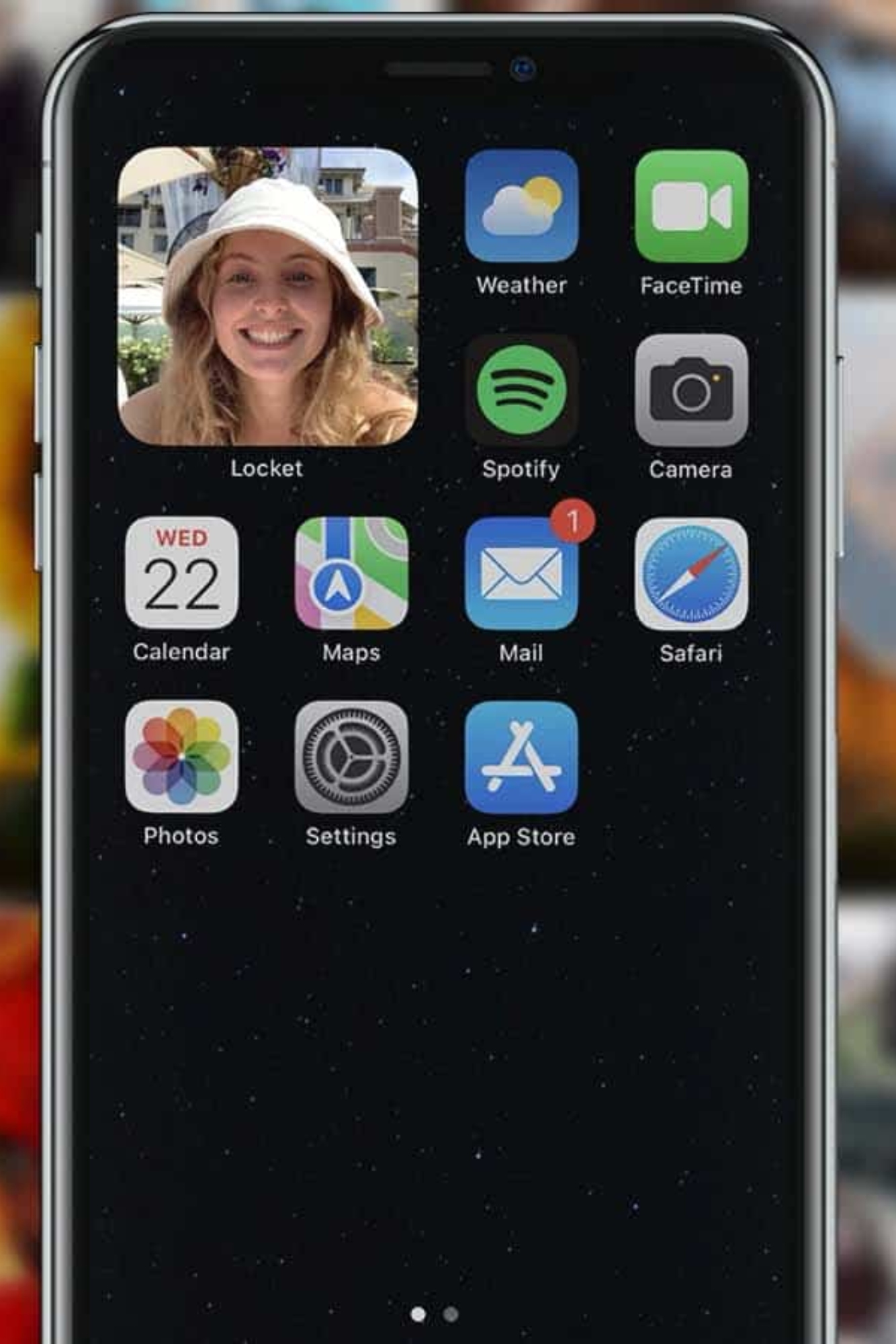As TikTok further expands its global domination, its newest feature, currently in a testing phase, is the latest development in its bid to become Gen Z’s Google. The feature will identify key words in comments and provide links to search results for them.
It follows news first reported by TechCrunch in late July that according to Google’s internal data, 40% of Gen Z prefer searching on TikTok and Instagram over Google Search and Maps.
Additionally, Ofcom’s News Consumption in the UK 2021/22 report found that teenagers in the UK are turning away from traditional news channels and are instead looking to Instagram, TikTok and YouTube for updates, with 28% of respondents using TikTok as their news source.
Should this new feature be successful and therefore implemented onto the platform permanently, it could fundamentally alter the way we consume information.
Since it first launched, TikTok has fast become a hub for information. Just take a look under the tag #tiktoktaughtme which boasts over 9 million views and is full of videos sharing tips from how to deep-clean your bathroom to stretching exercises for a sore back.
You may also like
Beauty creators share product hacks, fashion influencers post styling tips and shopping hauls, gamers live stream their latest quests, and a host of other professionals, from office workers to psychologists, share industry insight. Ranging from career advice to luxury travel hotspots you need to have on your bucket list, it’s a bottomless pit of recommendations across products and services.
It’s also become a go-to over Google or Maps for recipe, restaurant and travel recommendations, whether you’re seeking affordable brunch spots in central London or clandestine speakeasy bars.
So, news that TikTok is responding to users utilising its platform as a news source isn’t unexpected. Take #feta – searching the same word on Google versus TikTok provides dramatically different results. The former shares articles about the history of cheese, images of feta and written recipes, while the social media app displays cooking entirely visual tutorials entirely.
Tech and culture creator Sunny River recently posted a video about Gen Z increasingly using TikTok as a search engine, citing recipe-sourcing as a key example of why it’s appealing to users. In his comment, one user wrote: “I hate scrolling through blogs to get a recipe on google, instead I Tiktok and find 1000s of recipes in 30 second content form 😋.”
@sunny..river TikTok SEO is going to become a multi million dollar industry in itself @mike.rama #tiktokseo #seo #creatoreconomy #crypto #google
However, this feature could directly contribute to the rise of misinformation, which TikTok has already been in hot water for earlier this year. In March, The Guardian reported on an investigation by NewsGuard that the algorithm had directed users to fake news about the Ukraine war, and For You Page’s exposed users to disinformation within 40 minutes of scrolling.
If this new feature suggests search results from comments, there’s no existing vetting process in place to filter out inaccuracies, and therefore said results for news could become diluted with harmful content. Even more so since TikTok’s policing of misinformation isn’t as widespread as its competitors. While comments can be flagged by the app as hate speech, harassment or spam, there’s no ability to flag a comment for factual inaccuracies.
As a result, this feature forces responsibility on its users to fact-check themselves and appropriately evaluate content they’re engaging with, which could have disastrous consequences.
By Louise Whitbread, editor of CORQ. Picture credit: Unsplash










How and why comment sections are shaping content on social media